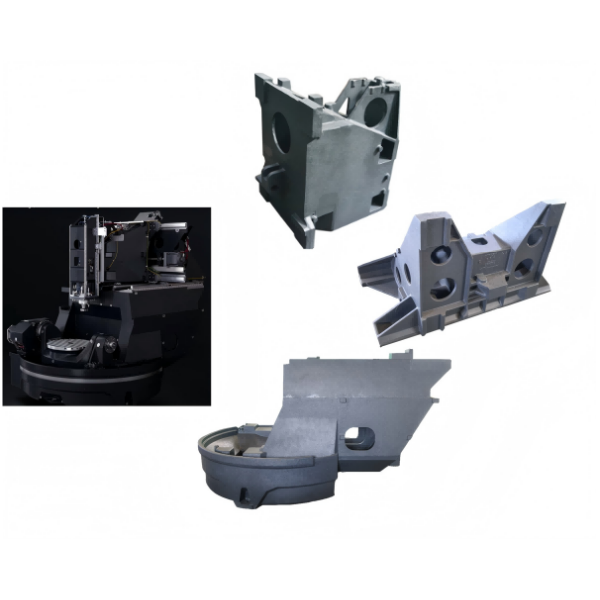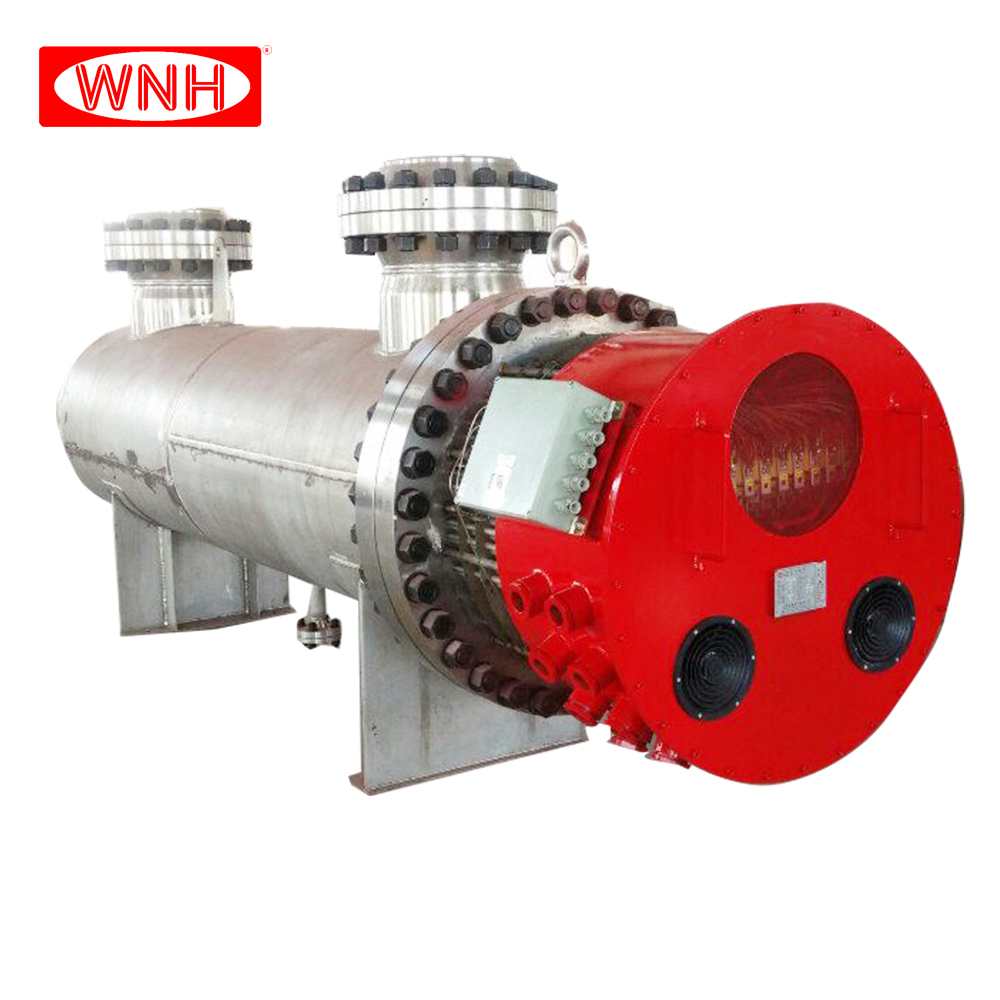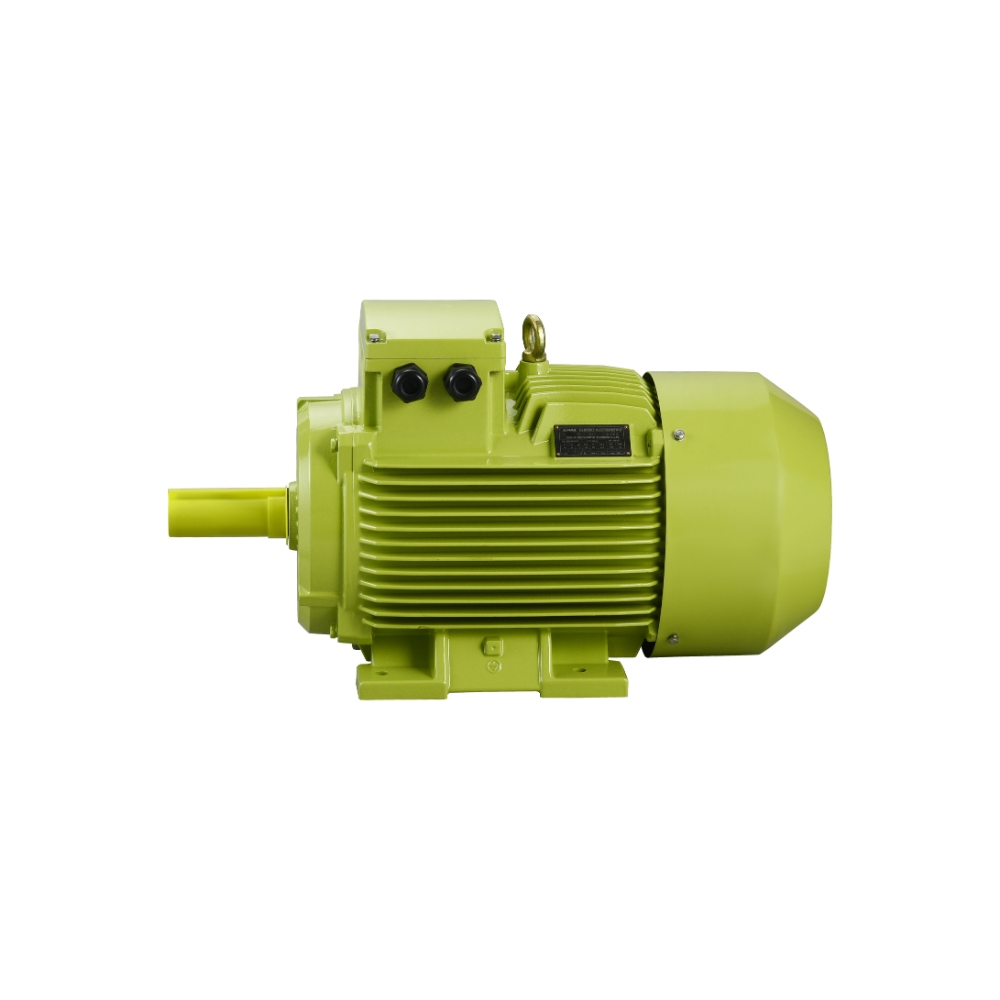In the ever-evolving landscape of automotive technology, the debate between electronic fuel injection (EFI) and carburetors remains a hot topic among enthusiasts, engineers, and everyday drivers alike. As vehicles become more sophisticated, understanding the advantages and disadvantages of these two fuel delivery systems is crucial for making informed decisions about performance, efficiency, and maintenance. This article delves deep into the intricacies of EFI and carburetors, exploring their mechanisms, benefits, drawbacks, and the contexts in which one may be favored over the other.
Understanding the Basics: How They Work
Carburetors have been a staple in automotive engineering since the early 20th century. They operate on a relatively simple principle: mixing air and fuel in the correct ratio before delivering it to the engine. The process involves several components, including the float chamber, jets, and venturi, which work together to regulate fuel flow based on engine demand. While carburetors are mechanically straightforward and can be tuned for specific performance characteristics, they are also susceptible to issues such as flooding, vapor lock, and inconsistent fuel delivery due to varying atmospheric conditions.
Electronic Fuel Injection, on the other hand, represents a significant advancement in fuel delivery technology. EFI systems utilize electronic sensors and an onboard computer to precisely control the amount of fuel injected into the engine. This allows for real-time adjustments based on various factors, including engine temperature, air intake, and throttle position. The result is a more efficient combustion process, leading to improved power output and reduced emissions.
Performance and Efficiency: A Comparative Analysis
When it comes to performance, EFI systems generally outperform carburetors in several key areas:
- Fuel Efficiency: EFI systems are designed to optimize the air-fuel mixture for varying driving conditions. This adaptability leads to better fuel economy, particularly in stop-and-go traffic or during rapid acceleration. In contrast, carburetors may struggle to maintain an optimal mixture under changing conditions, often leading to wasted fuel.
- Power Output: The precision of EFI allows for more consistent power delivery across the engine's RPM range. This is particularly beneficial for high-performance applications where throttle response and power band optimization are critical. Carburetors, while capable of producing impressive power, often require extensive tuning to achieve similar results.
- Emissions Control: With stricter environmental regulations in place, EFI systems have a clear advantage. They can adjust the fuel mixture in real-time to minimize harmful emissions, making them more compliant with modern standards. Carburetors, by contrast, often produce higher emissions due to their less precise fuel delivery.
Maintenance and Reliability: Pros and Cons
While EFI systems offer numerous advantages, they are not without their challenges. The complexity of electronic components can lead to higher repair costs and the need for specialized diagnostic tools. Additionally, if the electronic control unit (ECU) or sensors fail, it can result in significant performance issues or even engine failure.
Carburetors, with their simpler mechanical design, are often easier and cheaper to repair. Many enthusiasts appreciate the hands-on nature of tuning a carburetor, allowing for a personalized touch in performance modifications. However, they require more frequent maintenance, including cleaning and adjustment, to ensure optimal performance.
The Context of Use: When to Choose Which
The choice between EFI and carburetors often comes down to the specific application and personal preference. For modern vehicles, particularly those designed for efficiency and compliance with emissions regulations, EFI is the clear choice. It offers superior performance, better fuel economy, and lower emissions, making it ideal for daily drivers and high-performance applications alike.
On the other hand, carburetors may still hold appeal for classic car enthusiasts, racers, and those who enjoy the art of mechanical tuning. They provide a level of simplicity and direct control that some drivers find rewarding. Additionally, in certain racing contexts, carburetors can be advantageous due to their ability to deliver large amounts of fuel quickly, which can be crucial in specific racing scenarios.
Conclusion: The Future of Fuel Delivery
As automotive technology continues to advance, the trend is clearly leaning towards electronic fuel injection. With its numerous benefits in performance, efficiency, and emissions control, EFI is likely to dominate the market for the foreseeable future. However, carburetors will always have a place in the hearts of enthusiasts and in specific applications where their unique characteristics shine.





